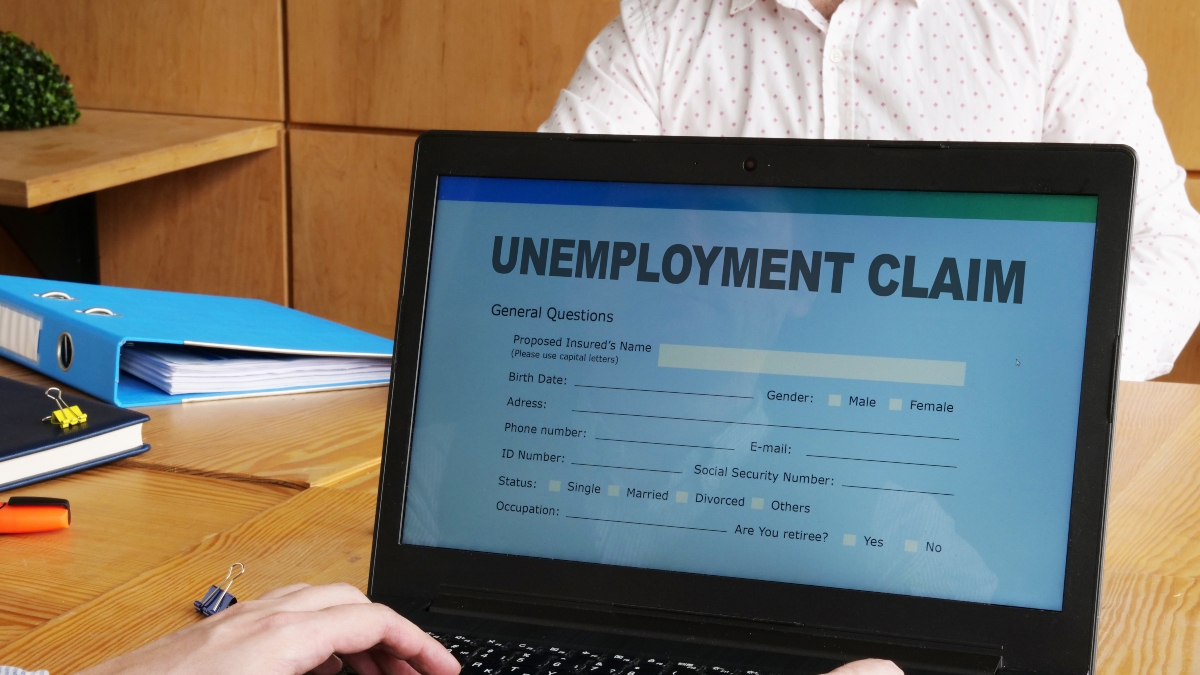Bookkeeping Red Flags and What To Do About Them
Bookkeeping is strategically important for every business because financials form the foundation for daily operations and future planning....
3 min read
 Cathy Lydon, CPA
:
April 29, 2021
Cathy Lydon, CPA
:
April 29, 2021

April 29, 2021 - Employers across the country saw a dramatic surge in unemployment due to the COVID-19 pandemic and nonprofits were not spared, with around 40% of nonprofit employees filing unemployment claims as of a November 2020 report from the Minnesota Council of Nonprofits.
While Congress, state and local governments, and service providers move to provide relief for individuals and businesses affected by the coronavirus pandemic, many nonprofits are left wondering where they stand and how much they owe for unemployment benefits being provided to their terminated workforce. Here's what they need to know now.
Nonprofit employers who've chosen the Reimbursable Account Option with Minnesota Unemployment Insurance (MNUI) are not responsible for quarterly unemployment insurance taxes, opting instead to pay MNUI directly for 100% of the unemployment funds MNUI provides to the nonprofit's former employees.
The low turnover rates and small number of unemployment claims typical of the nonprofit sector usually make reimbursement the lucrative option for nonprofits – but the rapid increase of claims following the COVID-19 pandemic saddled many nonprofits with large payments due to MNUI. This is important because each nonprofit's unemployment reimbursement responsibility has large implications for their liabilities in 2021 and beyond.
Special provisions of the CARES Act offered relief to reimbursing nonprofits, including federal reimbursement for the first week of regular unemployment insurance benefits and benefits for nonprofits enrolled in the Shared Work program.
Per a March 2021 letter sent from the Minnesota Department of Employment and Economic Development (DEED) to reimbursing nonprofits, a number of these benefits have been extended to cover :
Since the CARES Act was passed, MNUI has suspended billing for nonprofits with reimbursement accounts until Q2 2021. That means that as of this writing, no unemployment insurance bills will be sent to reimbursing employers before July 2021. Across the country, unemployment insurance providers are waiting for government agencies to assess each employer's eligibility for relief before resuming billing. That assessment is expected to take several months, and without additional guidance from MNUI and DEED, uncertainty over each nonprofit's financial responsibility has arisen.
In Minnesota, MNUI awaits DEED to review each employer's eligibility for relief under a unique state law. Minnesota Statute 268.047, subdivision 2(5) provides relief for charges for any employer that has had 25% or more of its workforce unemployed as a result of an act of nature (i.e., COVID-19). Per the MN Office of the Revisor of Statutes, unemployment benefits won't be calculated for reimbursement when:
(5) the applicant's unemployment from this employer was a direct result of the condemnation of property by a governmental agency, a fire, flood, or act of nature, where 25 percent or more of the employees employed at the affected location, including the applicant, became unemployed as a result. This exception does not apply where the unemployment was a direct result of the intentional act of the employer or a person acting on behalf of the employer ...
In mid-March 2021, DEED and MCN sent a letter answering key questions about nonprofit reimbursing organizations' unemployment insurance responsibilities. Among the updates, this letter clarified the following points:
At Redpath, we’ll remain in contact with the Minnesota Council of Nonprofits and DEED to monitor the situation and ensure our clients receive the information they need when they need it so they can make the smartest choices for their organizations in 2021.

Bookkeeping is strategically important for every business because financials form the foundation for daily operations and future planning....

In a decision issued March 1, 2024, U.S. District Court Judge Liles Burke ruled that the Corporate Transparency Act (CTA) is unconstitutional....

Several types of trusts can help you manage your assets in a way that supports your estate planning goals while providing potentially significant tax...